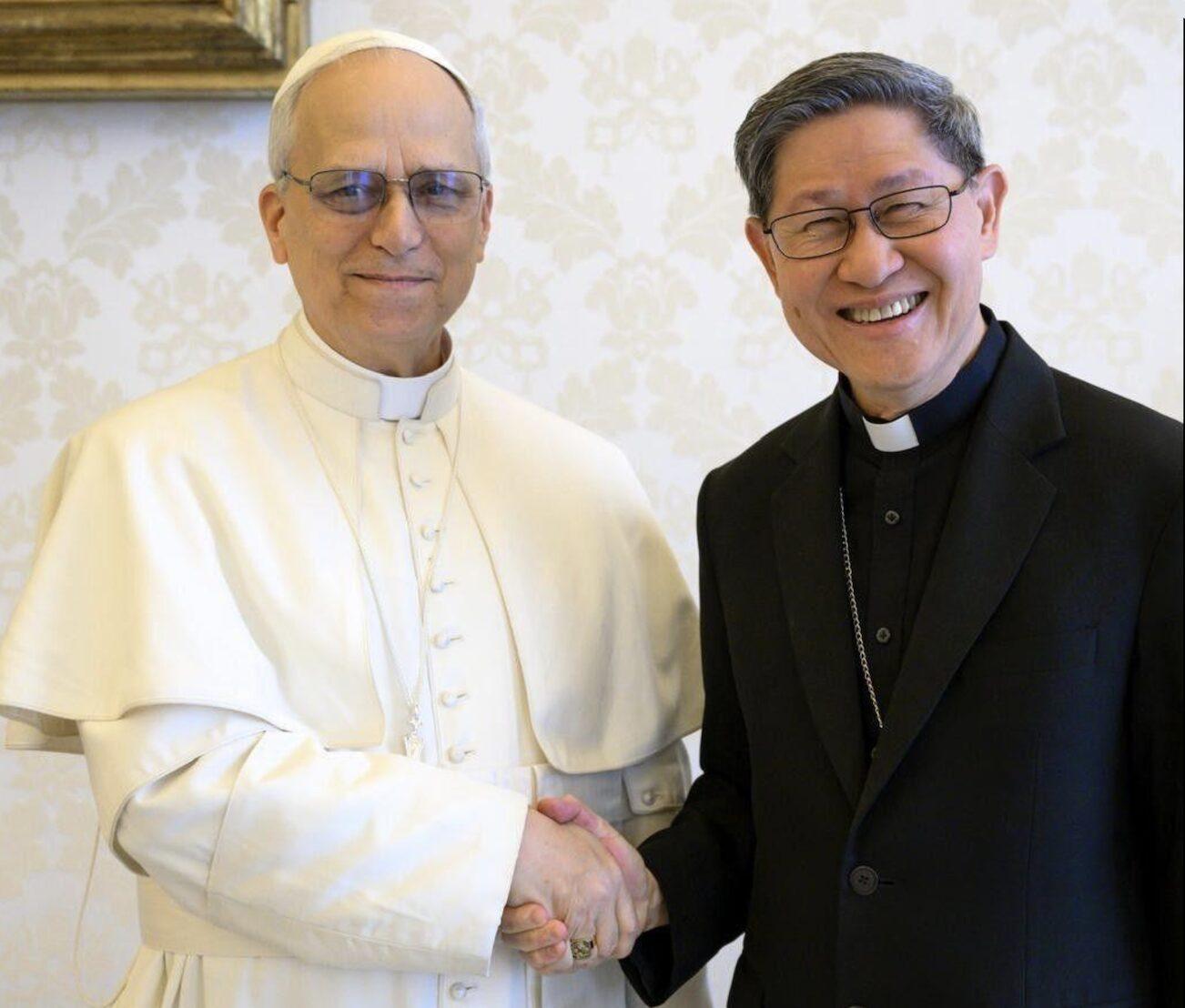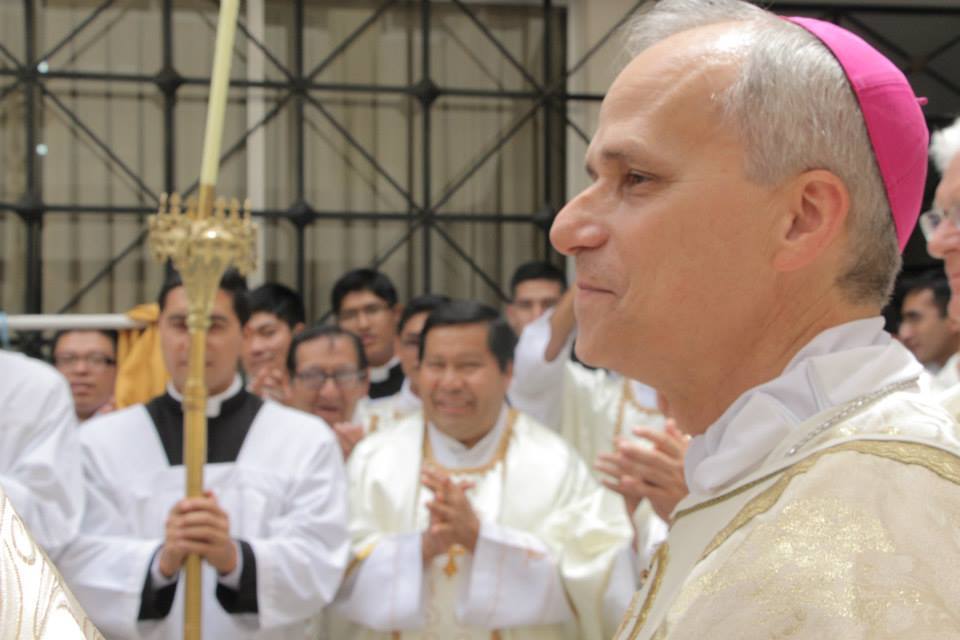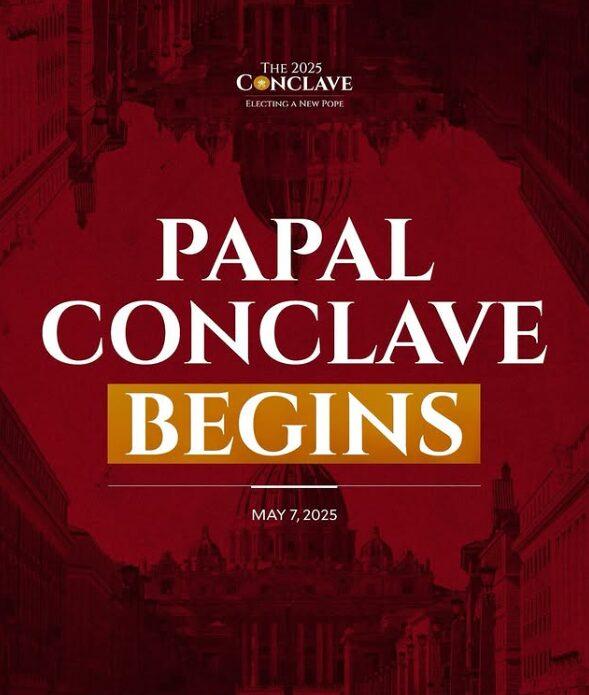AFTER 13 days of negotiations on addressing climate change on a global scale, 195 countries on Saturday, Dec. 12, approved a historic, unprecedented climate accord that seeks to address global warming.
Under the accord, known as the Paris Agreement, individual countries have committed to slash emissions and pledged to assist poorer nations to adapt to the damaging effects of a warming planet. It also sets a long-term goal of capping the rise in global temperatures to below 2 degrees Celsius (3.6 degrees Fahrenheit) above pre-industrial levels, while calling on nations to try to limit that increase to 1.5 degrees C.
“This is a tremendous victory for all our citizens,” US Secretary of State John Kerry said during the final session of the summit, according to Mother Jones, a non-profit news outlet. “It’s a victory for all of the planet and for future generations.”
Saturday marked the culmination of more than two decades of international attempts to come to a collective agreement on how to tackle the global problem.
In 2009, discussions in Copenhagen failed, as officials could not agree on a way to level the playing field for wealthy and poor nations. Prior to that, the 1997 Kyoto protocol, which the United States and China did not ratify, also failed. Additionally, it only addressed approximately 14 percent of the world’s carbon emissions.
The Paris Agreement marked a major foreign policy success for US President Barack Obama, who touted the agreement, calling it a “turning point for the world.”
“We came together around the strong agreement the world needed. Together we’ve shown what’s possible when the world stands as one,” he said.
Other commitments made under the deal include a global review of climate progress by 2018, and the reconvening of nations in 2020 to present climate targets that “will represent a progression beyond the Party’s then-current” target, Mother Jones reported.
“Countries have united around a historic agreement that marks a turning point in the climate crisis,” said Jennifer Morgan, global director of the climate program at the World Resources Institute, according to Mother Jones. “This is a transformational long-term goal that should really send clear signals into the markets” about the imminent decline of fossil fuel consumption.
After Copenhagen climate summit in 2009, many world leaders thought the United Nations process would no longer be effective in addressing global warming, Secretary General Ban Ki-moon of the United Nations told The New York Times.
But the Paris talks were different because of a shift in the geopolitics of climate change and a change in the perception of global warming as an imminent threat rather than a warning. French diplomacy also contributed to the success of the global meeting, by helping reduce the chances that major points of contention might kill a deal again, according to the Times. Economist Lord Stern said that France brought openness, expertise in diplomacy and mutual respect to the talks, The Guardian reported. He added that they took great care to ensure everyone was listened to and consulted with.
“It was a wonderful surprise that after the incredible disappointment of Copenhagen, these [countries] could come to an agreement more ambitious than anyone imagined,” said Jim Yong Kim, World Bank president, who has been closely engaged in the talks, according to The New York Times. “This never happens.”
One word almost killed the climate deal
In Article 4 of the agreement, a line read that wealthier countries “shall” establish economy-wide targets for reducing their greenhouse gas pollution. Previous drafts of the document had the world “should” in place of “shall.” While the difference may appear small, the latter term implies legal obligation, while the former does not. If the word remained, the Obama administration could have been obliged to submit the final deal to the Senate for approval, which the GOP-dominated chamber would have rejected, according to Politico.
“When I looked at that, I said, ‘We cannot do this and we will not do this,” Kerry told reporters afterward, Politico reported. “And either it changes or President Obama and the United States will not be able to support this agreement.”
The Philippines signs €1.5-million deal with France
Among deals reached in Paris was a grant agreement worth €1.5 million between France and the Philippines, which will take place throughout the next four years. Under the agreement, the Philippines will build ecosystems and community resilience in the central region of the country, according to Philstar.
Steps toward this goal will begin late this year with a focus on the coastal municipality of Concepcion in Iloilo, which will be jointly managed by Conservation International Philippines and the Biodiversity Management Bureau of the Department of Environment and Natural Resources. Supported developments include both natural and man-made defenses, such as mangroves, coastal armoring and small levees.
While the targets agreed upon in Paris are not legally binding, Climate Change Commissioner Heherson Alvarez said that the Philippines, which chairs the Climate Vulnerable Forum that called for a 1.5C global cap on temperature, can lead highly vulnerable countries to transition to a zero carbon economy, according to The Manila Times.
Alvarez also said the Philippines can begin to come up with policies to prepare the nation for a low carbon economy with the adoption of the Paris climate agreement, the publication reported.
“A low carbon economy in the long term will mean low energy cost, low cost for the manufacture of goods and services. Philippine products would be competitive and will open up opportunities for jobs and higher productivity,” Alvarez said, according to the Times.





